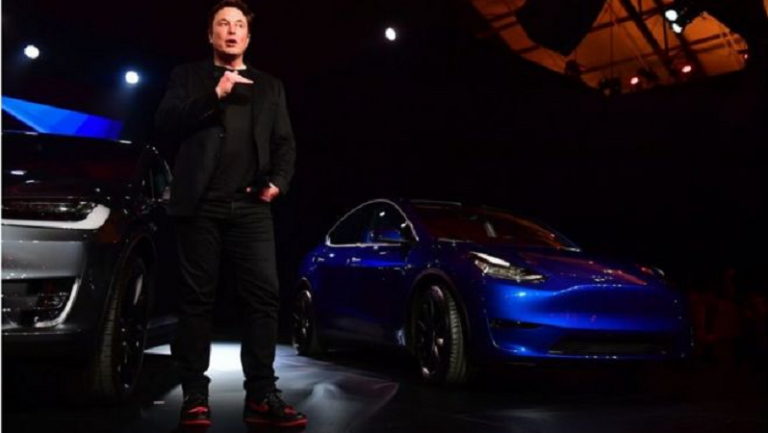
The most profitable unit in Tesla is selling emission credits, not cars. But for the emission credits business to thrive, Tesla has to make cars to earn those credits. Because it makes electric vehicles, it earns credits for not polluting the world. Then, it resells those credits to other car companies which make fossil-fueled cars to stay in compliance.
The Tesla car making business represents the One Oasis in the business while the emission credit unit captures the value through the Double Play strategy.
Eleven states require automakers sell a certain percentage of zero-emissions vehicles by 2025. If they can’t, the automakers have to buy regulatory credits from another automaker that meets those requirements — such as Tesla, which exclusively sells electric cars.It’s a lucrative business for Tesla — bringing in $3.3 billion over the course of the last five years, nearly half of that in 2020 alone. The $1.6 billion in regulatory credits it received last year far outweighed Tesla’s net income of $721 million — meaning Tesla would have otherwise posted a net loss in 2020.
What is your business One Oasis? Can you build a Double Play strategy around the One Oasis? Think about these as you begin the 2021 Playbook. Watch my video.
Register for Tekedia Mini-MBA edition 19 (Feb 9 – May 2, 2026): big discounts for early bird.
Tekedia AI in Business Masterclass opens registrations.
Join Tekedia Capital Syndicate and co-invest in great global startups.
Register for Tekedia AI Lab: From Technical Design to Deployment (next edition begins Jan 24 2026).
In this video, I challenge us to use the One Oasis Strategy and Double Play Strategy to build business models that will ensure that we capture enterprise value even as we create for customers. Skype creates great value for customers but it has struggled to capture most value; so, Skype remains a sojourner, constantly being passed around by buyers and sellers. Do not be like Skype!
You can also add Apple in this league where the iPhone is now the One Oasis and values are captured from many services. The company returned a huge number last quarter.
Apple closed out 2020 with an exclamation mark, logging its most profitable quarter in history thanks to a surge in iPhone sales and soaring demand for laptops and iPads from remote workers. The tech giant racked up $28.76 billion in profit for the period ending Dec. 31, with $111.4 billion in quarterly sales. Previous fears that enthusiasm was waning for the iPhone proved unwarranted as sales jumped by 17%, with Apple’s decision to delay the iPhone 12 release also creating “pent-up demand.”
[In Tekedia Mini-MBA, we discuss One Oasis and Double Play extensively. If you can, join our next edition, starting Feb 8]
---
Connect via my
LinkedIn |
Facebook |
X |
TikTok |
Instagram |
YouTube


